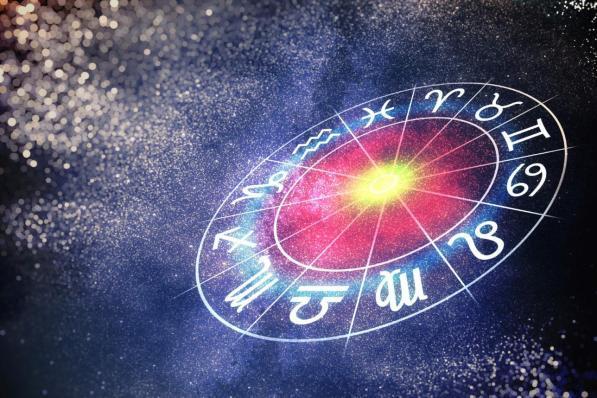The psychology of why people believe in astrology

Why do people believe in astrology? The answer to the question lies in the same realm as why people believe in any superstition. Astrology offers a number of things that many people find very desirable: information and certainty about the future, a way to be absolved of their current situation and future decisions and a way to feel connected to the whole cosmos.
Astrology shares this with many other beliefs which tend to be classified as "New Age". For example, the idea that nothing in life really is a coincidence. In this vision of life, everything that happens to us, even the smallest or apparently most insignificant event, happens for some particular reason. Astrology therefore claims to provide at least some of the answers to why they happen and perhaps even a way to predict them in advance. In this way, astrology claims to help people understand their lives and the world around them - and who doesn't want it?
Does astrology help people?
In a sense, astrology works. As practiced today, it can work quite well. After all, most of those who visit an astrologer end up feeling satisfied and feel they have benefited from it. What it really means is not that astrology has accurately predicted the person's future, but rather means that visiting an astrologer or casting a horoscope can be a satisfying and satisfying experience personally.
Think about what happens during a visit with an astrologer: someone holds your hand (even if only in a figurative sense), looks you in the eye and explains how you, as an individual, are actually connected to our entire cosmos. You are told how mysterious forces in the universe around us, much larger than ourselves, work to shape our intimate destinies. You are told relatively flattering things about your character and your life and, in the end, you are naturally happy that someone cares about you. In the fast-paced and generally disconnected modern society, you feel connected - both to another human being and to the world around you.
Most likely, you also get some vaguely useful advice about your future. Daniel Cohen wrote in the Chicago Tribune in 1968 that:
“The core of an astrologer's popularity comes from the fact that he can offer something that no astronomer or any other scientist can give - reassurance. In an uncertain moment, in which religion, morals and ethics are broken so regularly that one hardly notices that they are gone, the astrologer offers a vision of a world governed by forces that operate regularly with the clock.
A connection to the cosmos
Furthermore, astrology is glorifying. Instead of feeling like a simple slave in the hands of several hostile forces, the believer is relieved of his connection with the cosmos. … The kind of nebulous character analysis astrologers engage in cannot be considered proof at all. Who can oppose a flattering description of themselves? An astrologer told me that in my harsh aspect I was a sensitive person. How could I respond to such a statement? Could I say, "No, I'm really a hard sod"? "
So what we have is personal advice and personal attention from a kind authority figure. Planets? They really have nothing to do with the matter: planets are simply the excuse for meeting. All the talks about ascents and quadrants serve to make the astrologer seem an expert and an authoritarian figure, thus laying the foundations for the quality of the meeting. In reality, the cards and the horoscope are just smoke screens to divert attention from what is really going on, which is a cold reading. This is simply an old carnival trick, used today with great success not only by astrologers, but also by psychics, mediums and hunters of all brands.
None of this means saying that the advice of astrologers is never useful. As a telephone psychic, although the advice is usually very vague and general, it can often be better than no advice. Some people just need another person to listen to them and show some concern about their problems. On the other hand, astrologers who recommend against particular weddings or plans because of the "stars" could provide disastrous advice. Unfortunately, there is no way to distinguish between the two.